When eating too much salt and protein, the kidneys are susceptible to damage through the following mechanisms:
Salt increases glomerular filtration pressure
Salt is rich in sodium. When you eat a lot of salt, your body reacts by retaining water to balance the sodium levels. This process increases blood volume and pressure in the vascular system, especially in the capillaries in the glomeruli. The glomeruli are where the blood filtration process takes place, according to the health website Medical News Today (UK).

A diet high in protein and salt puts stress on the kidneys.
PHOTO: AI
Prolonged high blood pressure damages the endothelium of blood vessels and causes the capillary walls to thicken, leading to damage to the natural filtering function of the kidneys. This mechanism is called glomerular hypertension.
When the glomeruli have to filter blood at high pressure for a long time, the filtering cells will be damaged, causing proteinuria. This is a condition of protein leakage into the urine and is one of the first signs of chronic kidney disease.
Protein exerts metabolic stress on the kidneys
A diet high in protein, especially animal protein, makes the kidneys work harder to remove byproducts of protein metabolism such as urea, creatinine, and uric acid.
Research shows that consuming more than 1.5 grams of protein per kilogram of body weight per day can cause temporary hyperfiltration of the glomerulus. This is a condition in which the kidneys increase the rate at which they filter blood to process waste. If this condition persists, it will wear down the filtering cells, leading to a decline in kidney function.
When glomerular hyperfiltration occurs, the kidneys of healthy people can adapt for a while. However, in people with underlying diseases such as high blood pressure or diabetes, eating too much protein is a factor that causes kidney damage to progress more quickly.
Hyperacidity
Foods rich in animal protein such as red meat, eggs, and seafood, when metabolized, produce sulfur-containing compounds. These compounds are further oxidized into sulfuric acid, slightly increasing the acidity of the blood and forcing the kidneys to work harder to neutralize and maintain a stable pH. This process consumes a lot of energy and increases the metabolic pressure on the kidneys.
Additionally, if blood acid levels increase, the kidneys will mobilize calcium from bones to neutralize the acid, leading to osteoporosis and increased risk of kidney stones.
Meanwhile, plant protein sources such as lentils, soybeans or quinoa are rich in potassium and magnesium, which help neutralize acid and reduce the burden on the kidneys, while indirectly protecting bones better.
Increased oxidative stress in the kidney
When the diet combines high salt and high protein, especially processed meat, the metabolism will generate more free radicals, increasing oxidative stress and causing renal microvascular inflammation.
In addition, long-term oxidative stress also damages kidney cell membranes, reduces the ability of kidney tissue to repair itself, and increases the risk of glomerulosclerosis, according to Medical News Today .
Source: https://thanhnien.vn/vi-sao-than-de-bi-ton-thuong-khi-an-qua-nhieu-muoi-va-protein-185251025133553441.htm




![[Photo] General Secretary To Lam received the delegation attending the international conference on Vietnam studies](https://vphoto.vietnam.vn/thumb/1200x675/vietnam/resource/IMAGE/2025/10/26/1761456527874_a1-bnd-5260-7947-jpg.webp)

![[Photo] Prime Minister Pham Minh Chinh and United Nations Secretary-General Antonio Guterres attend the Press Conference of the Hanoi Convention Signing Ceremony](https://vphoto.vietnam.vn/thumb/1200x675/vietnam/resource/IMAGE/2025/10/25/1761391413866_conguoctt-jpg.webp)
![[Photo] Prime Minister Pham Minh Chinh attends the opening of the 47th ASEAN Summit](https://vphoto.vietnam.vn/thumb/1200x675/vietnam/resource/IMAGE/2025/10/26/1761452925332_c2a-jpg.webp)
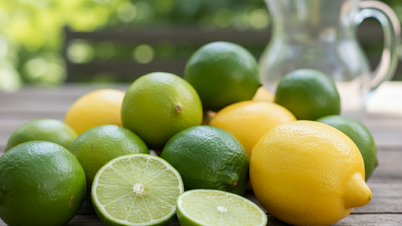
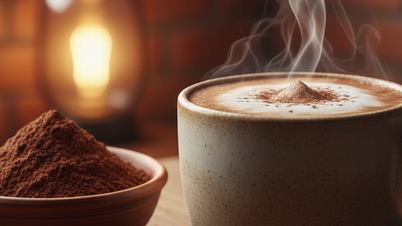
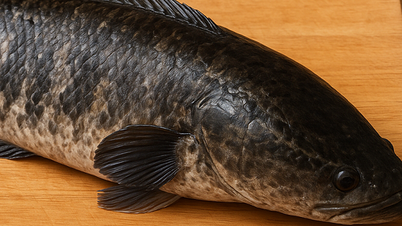







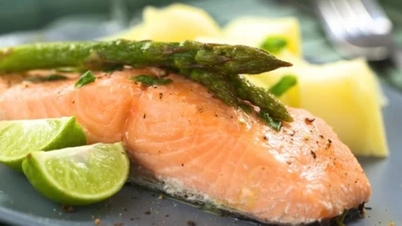










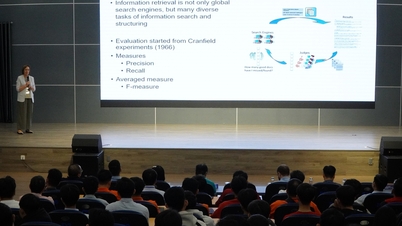



![[Photo] National Assembly Chairman Tran Thanh Man receives United Nations Secretary-General Antonio Guterres](https://vphoto.vietnam.vn/thumb/1200x675/vietnam/resource/IMAGE/2025/10/25/1761390815792_ctqh-jpg.webp)










































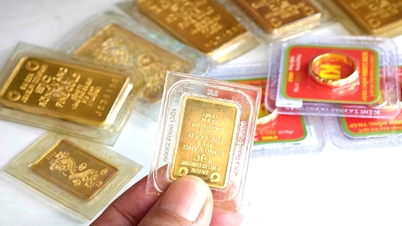




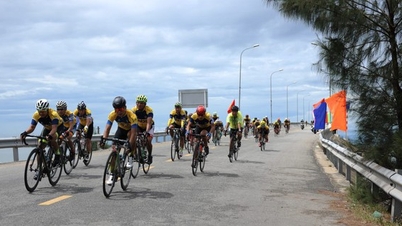







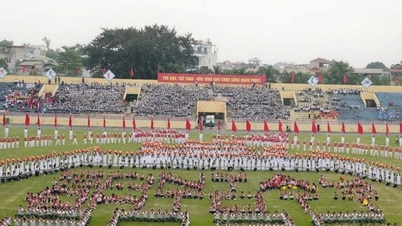



















Comment (0)